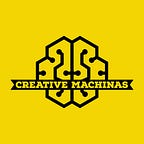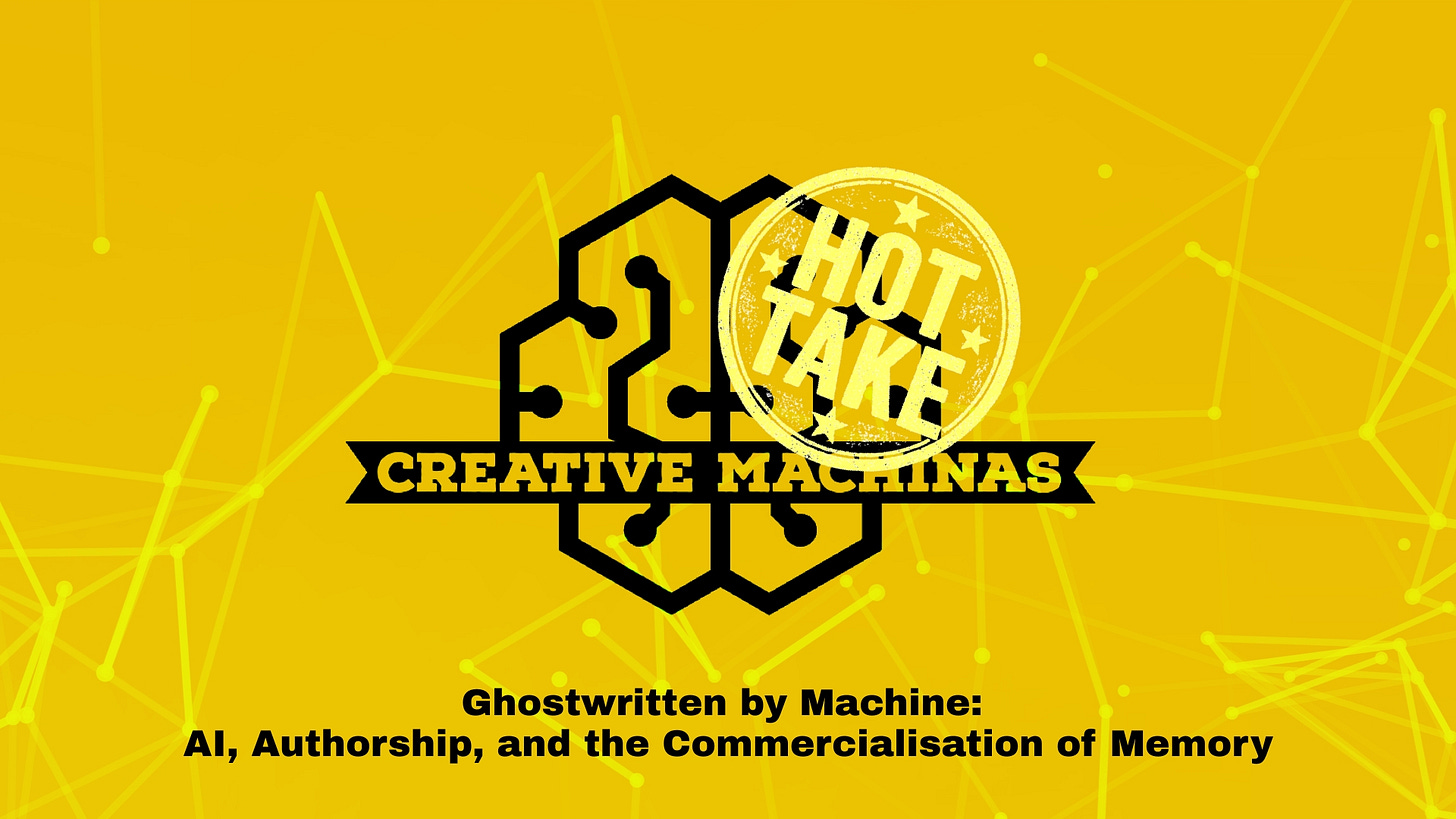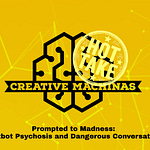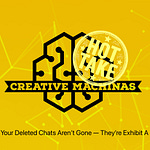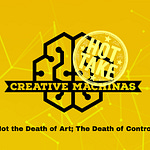AI-Powered Coca-Cola Ad Celebrating Authors Gets Basic Facts Wrong
Coca-Cola’s new AI-generated ad campaign, meant to celebrate classic authors, ends up embarrassingly misattributing a quote to J.G. Ballard—using words he never wrote, from a book he didn’t author, and even misspelling Shanghai. The quote, actually spoken in an interview and translated multiple times, was penned by an editor—not Ballard himself. Critics say the ad not only gets the facts wrong but also betrays the very spirit of Ballard’s techno-cautionary work. A cautionary tale about AI, authorship, and cultural misunderstanding, this story is as ironic as it is revealing. (via 404 Media)
Hot Take
Coca-Cola’s new AI ad sounds poetic—until you realise the quote it’s built around is a beautifully packaged lie.
Coca-Cola’s recent AI-powered ad campaign, which misattributes a fabricated quote to the late J.G. Ballard, is more than a clumsy marketing error—it’s a case study in how generative AI risks distorting cultural memory under the banner of creative innovation. In attempting to evoke literary nostalgia, the campaign instead revealed the unsettling ease with which machine-generated content can fracture the chain of authorship and propagate misinformation, especially when presented with the polished aesthetics of brand storytelling. The quote used was not written by Ballard, nor typed by him—it was spoken, posthumously translated, and later reassembled by AI as if it were textual canon. Presented through the poetic symbolism of an automatic typewriter, the ad performs authenticity while quietly eroding it.
The Coca-Cola ad didn't just misquote an author—it created a plausible fiction with the full authority of a multinational brand behind it. And that is where the real danger lies.
This isn’t simply a cautionary tale about bad research—it’s a warning about the consequences of allowing AI to curate culture without human oversight. When agencies treat AI as an autonomous creator rather than a tool in the creative process, they risk embedding inaccuracies into the cultural record—errors that, if repeated, may ossify into accepted truths. Sociologist Robert Merton’s concept of obliteration by incorporation looms large here: once authorship is lost, misattributed ideas take root in collective memory, untethered from their true origins. The Coca-Cola ad didn't just misquote an author—it created a plausible fiction with the full authority of a multinational brand behind it. And that is where the real danger lies.
The hosts incisively unpack this, highlighting how AI has become a kind of cultural middleman—a synthetic interpreter of the past, repackaging it with a false sheen of credibility. What happens when we outsource the storytelling of our collective histories to machines trained on fragments, translations, and unverified data? If we let generative systems replace editorial accountability with algorithmic guesswork, we risk allowing AI not only to write ads, but to ghostwrite our cultural archive. And when these hallucinated narratives are embedded in brand campaigns that reach millions, the line between fabrication and fact becomes perilously thin.
Why It Matters
This isn’t just about one quote or one brand. It’s about the quiet normalisation of synthetic memory in the public sphere. When companies like Coca-Cola deploy AI to summon nostalgic authority—and get it wrong—the consequences ripple far beyond advertising. Misattributions, once rare errors, are now systematised through automation, turning history into an editable layer beneath brand strategy. If unchecked, this shift allows marketing to become a site of unintentional mythmaking, where authorship is fluid, accuracy is optional, and aesthetics override truth. As generative AI moves from novelty to norm, we need more than just ethical guidelines—we need cultural literacy that demands rigour, context, and respect for intellectual provenance. Because if we fail to safeguard how we represent the past, we risk rewriting it—not as revision, but as erasure.
» Listen to the Full Podcast Episode at the Top


